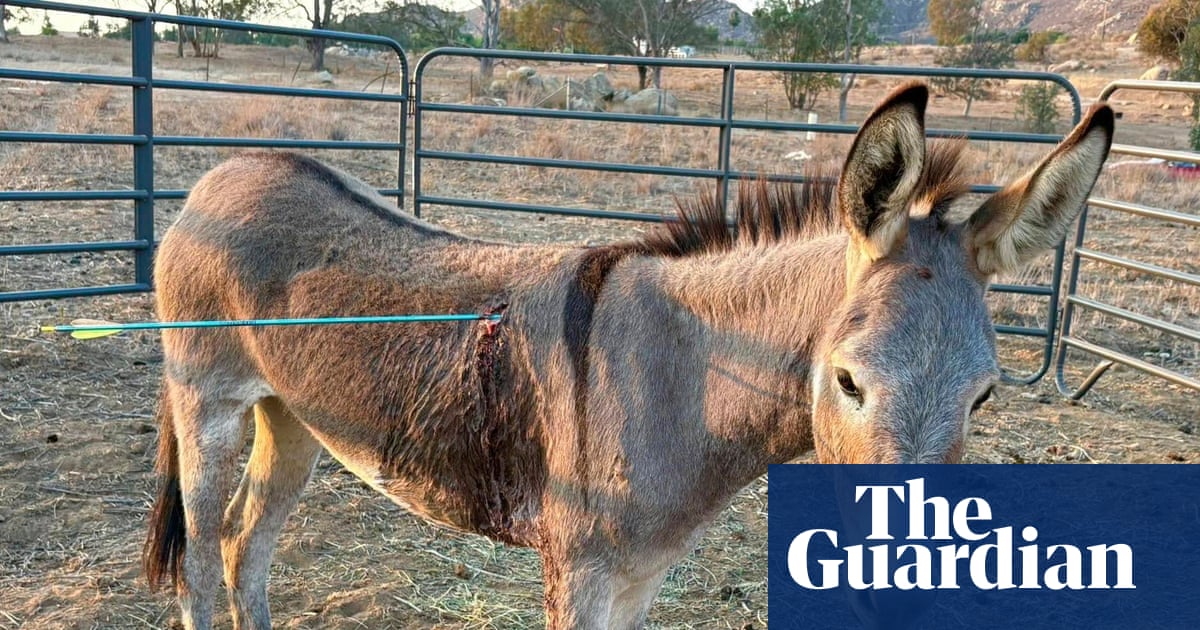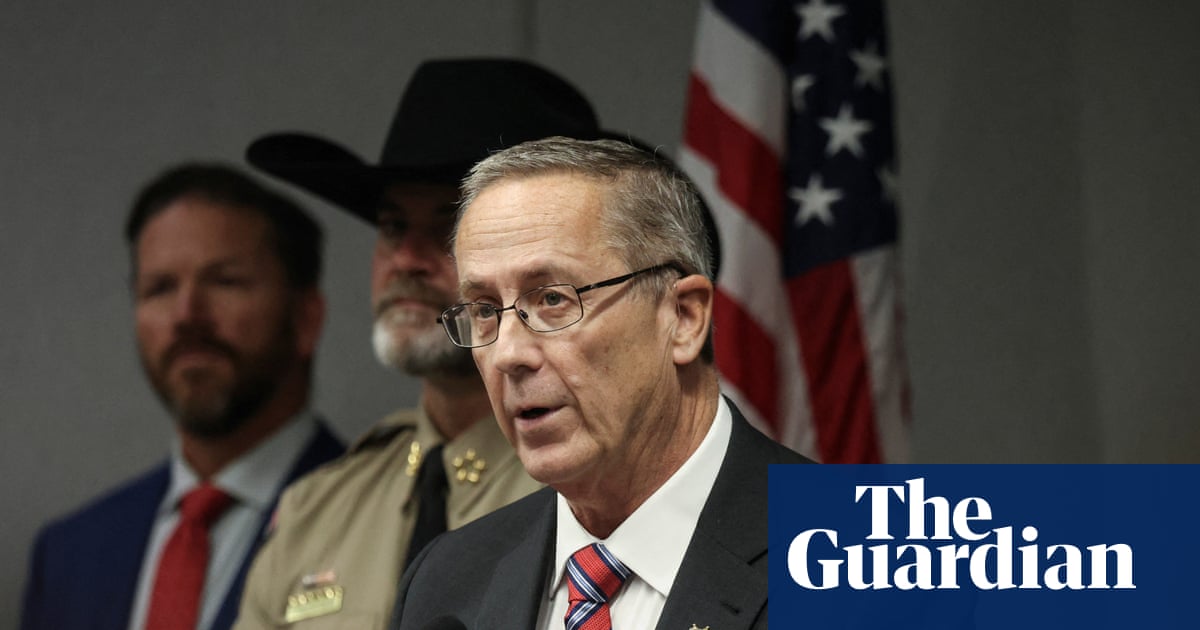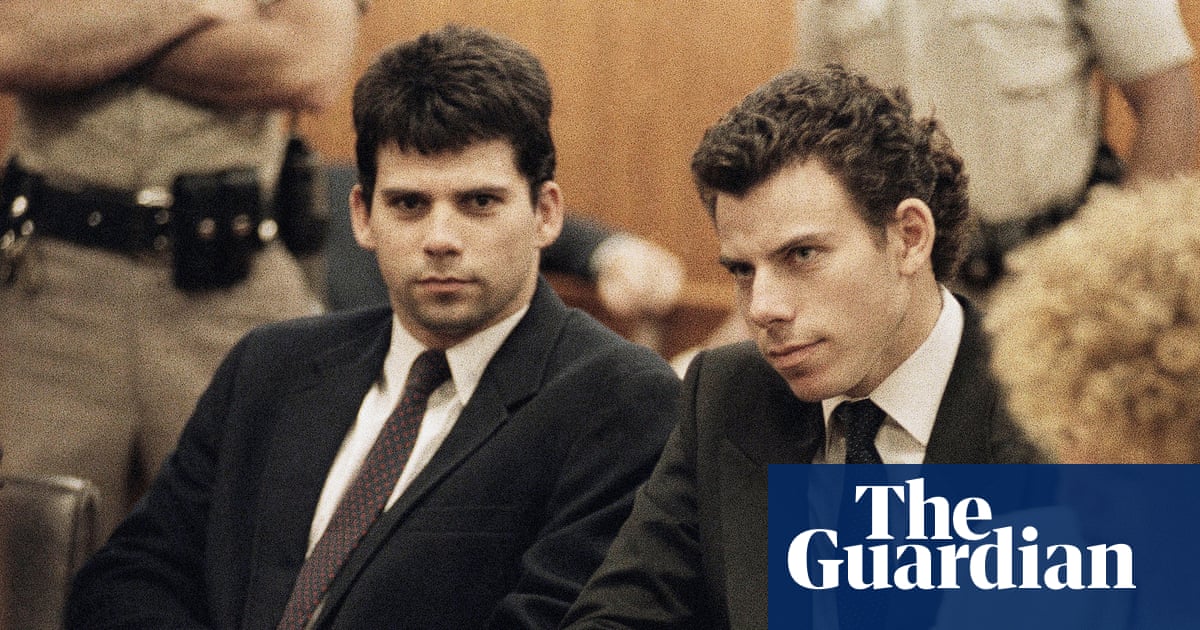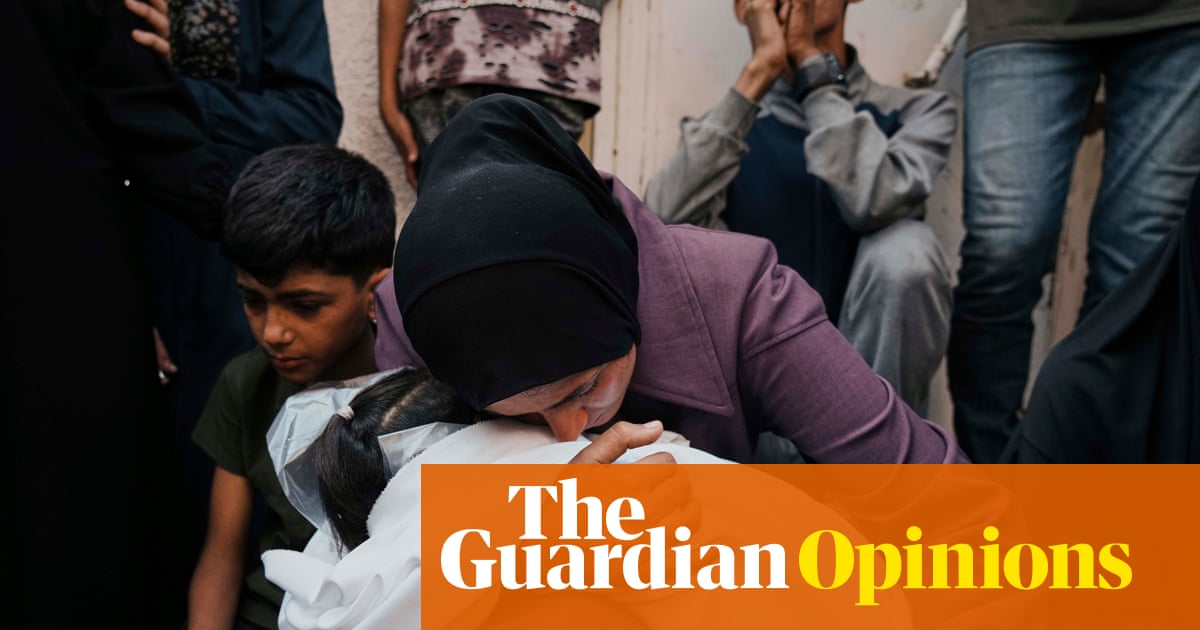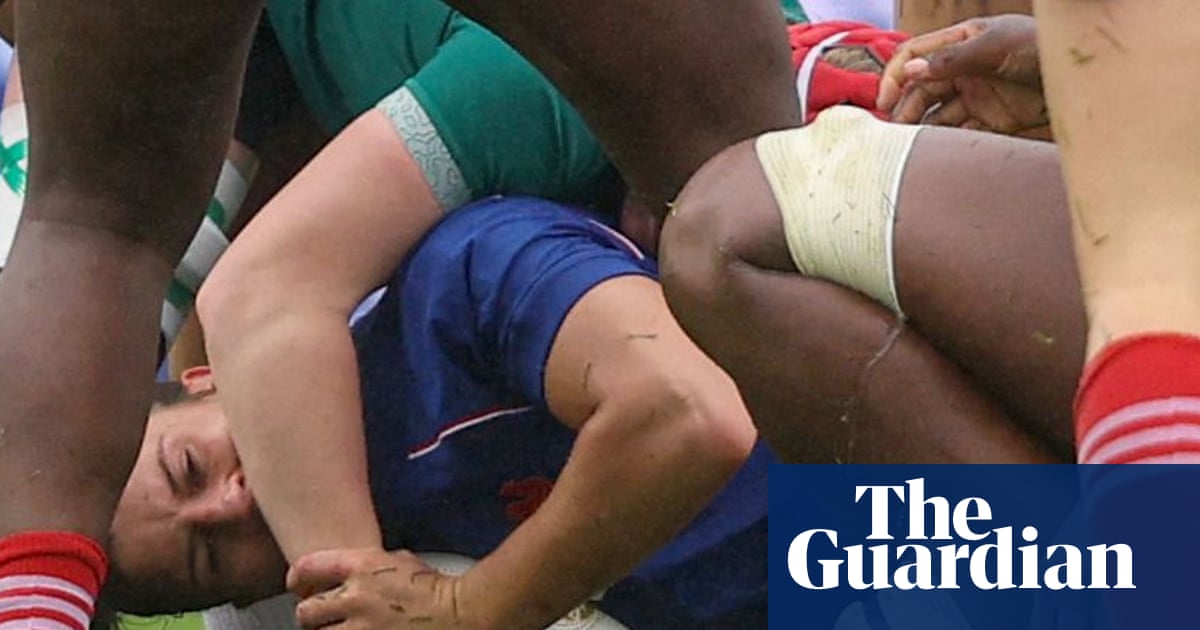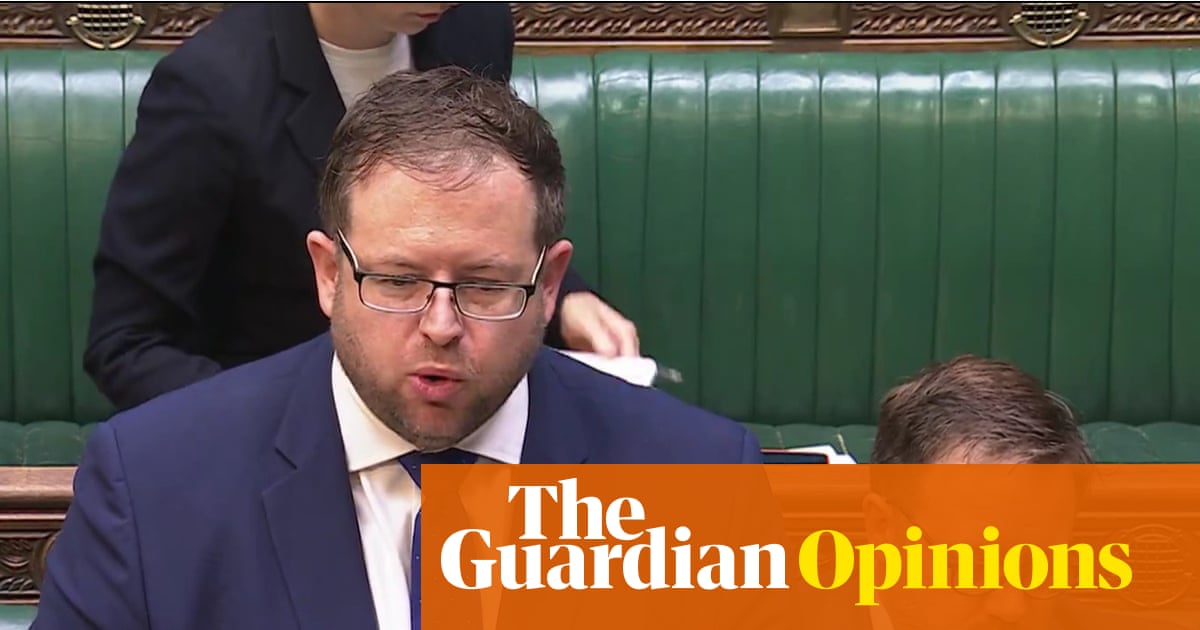‘Are you afraid of dying, or are you afraid of not living?” Last year, I was sitting in a circle of strangers – half Buddhist monks, half morbidly curious members of the public – when someone asked one of the most profound questions I had ever heard. I was at a “death cafe”, at my local Buddhist centre in south London. A plate of biscuits was passed around while people nursed mugs of hot tea. At 29, I was one of the youngest attending the informal chat about death and dying, which was part of an initiative to encourage more open conversations about the ends of our lives.
During the session, people reflected on the lives of those they had lost. Stories were shared about the joyful moments they had had together. A woman asked me why I would want to come to something like this, at my age. I looked around before revealing more than I had ever told my own friends and family.
I began to talk about how, for a long time, I had considered suicide. Throughout my late teens and early 20s, I was stifled by my thoughts and anxieties, and often felt misunderstood.
After receiving professional help (and an autism diagnosis), I became plagued with guilt and shame that I hadn’t embraced how precious life actually was. I felt regretful for wasting what some people call the best years of their life. I decided to say yes to every opportunity in a bid to catch up on everything I had missed. I took on endless creative projects, went on holidays, wrote books and scripts, made films, and hosted dinner parties.
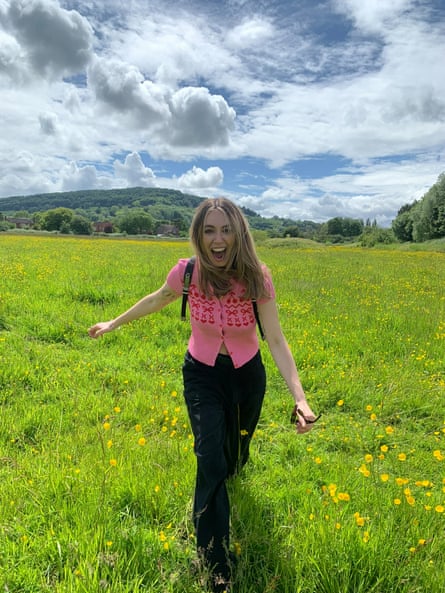
I’d gone to the death cafe after seeing a poster advertising the meetings. That day, I shared how I’d often fixated on milestones as a way to measure my success, and how I would compare myself with others and feel like a failure. We laughed as we acknowledged how these milestones, like university degrees or property ownership, were never used as a way to describe people who had died.
I realised that my newfound zest for life also had its downsides: I felt burnt out, and I hadn’t given myself enough time to savour moments before moving on to something else. After a career in acting, I had become a published journalist almost overnight, but instead of celebrating my new commissions, I gauged my success as a writer by counting how many articles I had written. Similarly, I had acted in multiple major TV productions, but panicked when I didn’t have the next one lined up. I’d spend eight hours making the perfect cake for a friend’s birthday but then be exhausted for the event itself.
“The journey is the best bit,” smiled one of the older strangers in the room. “The fun is not knowing what might happen.” I realised that my fear of not living meant my ego was fuelling my choices. My desire to be successful came from my insecurities about feeling like a failure to others. So I needed to focus on how things made me feel, not just how great they looked or sounded to strangers. My shame over my mental health had made me defensive, as if I owed everyone an explanation as to why I made certain choices. But at the death cafe, I realised that I could thrive in imperfection.
During that evening I met people who were ill, people who believed in reincarnation, parents who had lost children, and a woman who cared for the dying. While many of the questions we had about death were answered, we had to accept that not all of them could be. Before we left, we hugged.
I felt a sense of peace flood over me as I realised that I no longer needed to seek validation from others. Instead, I chose to accept myself and embrace my past. Rather than believing that saying yes to everything is the best way to live life to the fullest, I’ve become more open about communicating my boundaries. I’ve become a much more patient person, too, and try to be more present when spending time with people. While this shift away from pleasing people means I’ve lost some friends, I’ve also gained a stronger bond with others.
Since my first visit, I have continued to return to death cafes all over London, meeting new people and having new conversations about death over tea and cake. In truth, I feel more alive than ever for doing so.
Elizabeth McCafferty is a journalist who writes regularly for the Guardian

.png) 3 months ago
39
3 months ago
39
